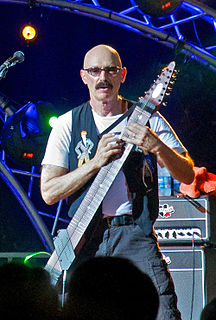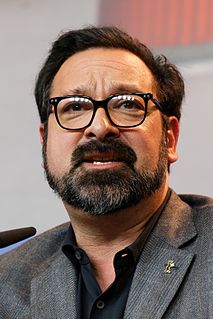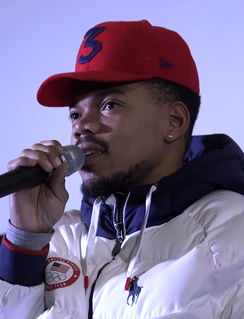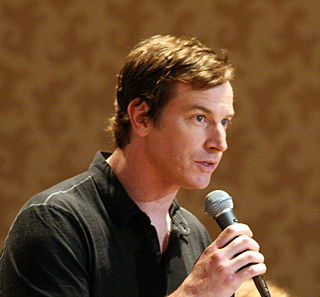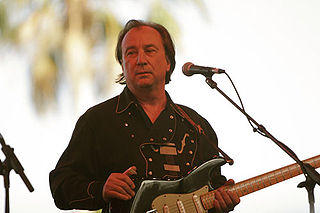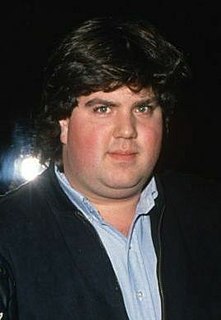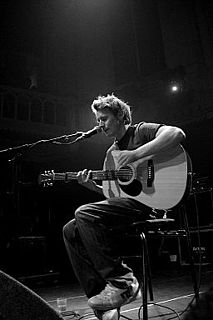A Quote by Johnny Cash
I kept talking to my producers at Columbia about recording one of those [prison] shows. So we went into Folsom on February 11, 1968, and recorded a show live.
Related Quotes
We went down [Folsom Prison] and there's a rodeo at all these shows that the prisoners have there. And in between the rodeo things, they asked me to set up and do two or three songs. So that was what I did. I did "Folsom Prison Blues," which they thought was their song - you know? - and "I Walk The Line," "Hey Porter," "Cry, Cry, Cry." And then the word got around on the grapevine that Johnny Cash is all right and that you ought to see him.
I had a song called "Folsom Prison Blues" that was a hit just before "I Walk The Line." And the people in Texas heard about it at the state prison and got to writing me letters asking me to come down there. So I responded and then the warden called me and asked if I would come down and do a show for the prisoners in Texas.
There's so many shows, whether it's 'Last Week Tonight' or 'The Daily Show' or 'Full Frontal' or 'Late Night With Seth Meyers,' that are really doing great stuff talking about what's going on in the world and what's going on with the president, and those stories that everyone winds up talking about, whether on social media or in their jobs.
As for the Folsom Prison show, ... would anybody have the guts to do that show now 50 Cent, maybe I think the whole idea of even playing to a crowd of people like that is so politically unfavorable now - it's like, 'What are you doing, singing for these people Do they deserve it' There's such anger in our culture right now, that kind of grace and forgiveness, we don't see that very often.
There is a definite difference between live shows and the recordings. The recordings are for all time, hopefully, so you do want to bring across layers of subtlety. But the live show is this primal experience that everybody's having at the same time, that the recording can at best try to imitate or duplicate.
One of the first TV shows that I did was this prank show. And we did a prank where we took a Michael Jackson impersonator and I played his publisher.I was just really good at my job.We were just about to go onto the field to throw out the first pitch just two weeks after 9\11. It was a huge security breach, and we made a lot of cops look really dumb. Producers of the show thought it would be really funny and I didn't think about it because I was a young dumb comedian. So I got arrested and went to jail in the Bronx, and now I can never go back to Yankee Stadium.
When you write a show, you just never know if it will have a future or if the show will end up ever having a production, but, that doesn't mean that the songs - the best of the best songs - can't be pulled out and put on a CD. And, if the shows that they come from end up happening, then people will regard this as like a quirky little concept recording. And, if the shows don't end up happening, at least the songs will live on in some capacity.

